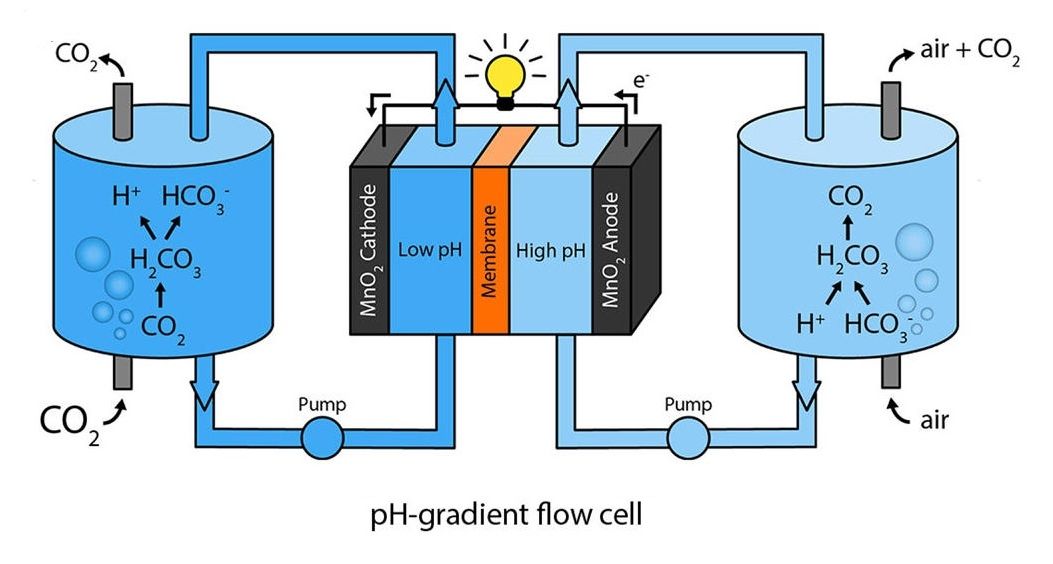Here’s my official announcement/OpEd article via Newsweek for running for California Governor as a Libertarian. Thanks for reading it!
Futurist Zoltan Istvan believes California could become the world’s largest economy.



Posthumanists and perhaps especially transhumanists tend to downplay the value conflicts that are likely to emerge in the wake of a rapidly changing technoscientific landscape. What follows are six questions and scenarios that are designed to focus thinking by drawing together several tendencies that are not normally related to each other but which nevertheless provide the basis for future value conflicts.




(Phys.org)—Researchers have developed a type of rechargeable battery called a flow cell that can be recharged with a water-based solution containing dissolved carbon dioxide (CO2) emitted from fossil fuel power plants. The device works by taking advantage of the CO2 concentration difference between CO2 emissions and ambient air, which can ultimately be used to generate electricity.
The new flow cell produces an average power density of 0.82 W/m, which is almost 200 times higher than values obtained using previous similar methods. Although it is not yet clear whether the process could be economically viable on a large scale, the early results appear promising and could be further improved with future research.
The scientists, Taeyong Kim, Bruce E. Logan, and Christopher A. Gorski at The Pennsylvania State University, have published a paper on the new method of CO2-to-electricity conversion in a recent issue of Environmental Science & Technology Letters.


Global population growth and migration trends make it increasingly likely that the US Army will find itself fighting in megacities in the future. In order to be prepared for the challenges this will pose, the Army should create a unit manned, equipped, and trained entirely for this purpose.